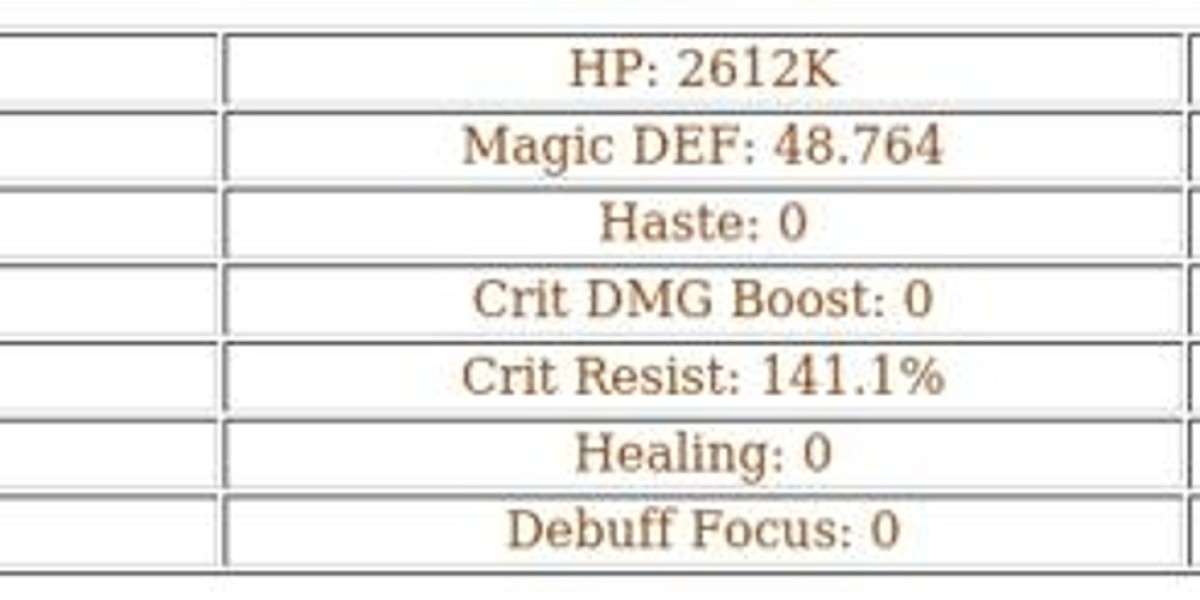Unlock the Secrets of Lithium Batteries: Transform Your Home Energy Storage Today!
As the world shifts toward renewable energy and sustainable living, home energy storage solutions have become increasingly important. Among these solutions, lithium batteries stand out due to their remarkable efficiency and sustainability. Imagine being able to harness solar energy generated during the day and store it for use at night or during power outages. Lithium batteries not only enable this capability but also enhance energy independence by allowing homeowners to take control of their energy consumption. Their ability to provide a reliable and eco-friendly energy source makes them a compelling choice for anyone looking to optimize their home energy management.

Understanding Lithium Battery Technology
Lithium battery technology is at the forefront of modern energy storage solutions. These batteries operate on the principle of lithium-ion movement between an anode and a cathode during charge and discharge cycles. The chemistry behind lithium batteries involves lithium salts in an organic solvent, which allows for high energy density and efficient power delivery. Compared to traditional lead-acid batteries, lithium batteries are lighter, more compact, and capable of holding a greater charge. This efficiency makes them perfect for home energy applications where space and performance are critical. My friend, who recently installed a lithium battery system in her home, often shares how much space she saved compared to her old battery setup, allowing her to utilize that area for storage instead.
Benefits of Lithium Batteries for Home Storage
The advantages of using lithium batteries for home energy storage are numerous. Firstly, they boast a longer lifespan, often lasting up to 10 years or more, which is significantly longer than traditional batteries. This longevity means fewer replacements and less waste, contributing to a more sustainable environment. Secondly, lithium batteries have a higher energy density, allowing them to store more energy in a smaller footprint. Homeowners can benefit from faster charging times, which means that during peak sunlight hours, they can quickly recharge their batteries. Additionally, maintenance requirements are minimal, with no need for regular topping off of fluids, as with lead-acid batteries. A neighbor of mine had a lead-acid battery system before switching to lithium and frequently complained about the upkeep; now, he enjoys the hassle-free experience of his new system.
Applications of Lithium Batteries in Home Energy Systems
Lithium batteries have a wide range of applications in home energy systems. One of the most popular uses is for solar energy storage, allowing homeowners to store excess energy generated during the day for use at night or during cloudy periods. This capability not only maximizes the efficiency of solar panels but also provides a reliable backup power supply during outages. Additionally, lithium batteries can support grid services by enabling homeowners to sell excess energy back to the grid, effectively participating in energy trading. Another application is in electric vehicle (EV) charging stations, where homeowners can use their stored energy to charge their vehicles. A colleague of mine has integrated his solar panels with a lithium battery system, and he often shares how much he saves on his electricity bill while contributing to a greener planet.
Choosing the Right Lithium Battery for Your Home
When selecting a lithium battery for home storage, several factors should be considered to ensure it meets your specific energy needs. Capacity is a critical aspect, indicating how much energy the battery can store. Homeowners should assess their average energy consumption to determine the right capacity. Another important factor is the depth of discharge (DoD), which measures how much of the battery’s capacity can be used without damaging it. A higher DoD allows for more usable energy. Warranty considerations also play a role; it’s essential to choose a battery with a robust warranty that covers its lifespan. Personal experiences shared by friends have shown that investing time in research and seeking professional guidance can lead to better choices, ultimately enhancing energy management in their homes.
Embracing a Sustainable Energy Future
In conclusion, lithium batteries present an excellent option for home energy storage, offering numerous benefits that enhance energy efficiency, sustainability, and independence. Understanding the technology behind these batteries, their applications, and how to choose the right one can significantly transform your home energy management. As more homeowners consider integrating lithium batteries into their energy systems, the potential for creating a sustainable future becomes increasingly tangible. The journey toward energy independence is not just a dream; with the right tools and knowledge, it can be your reality.








